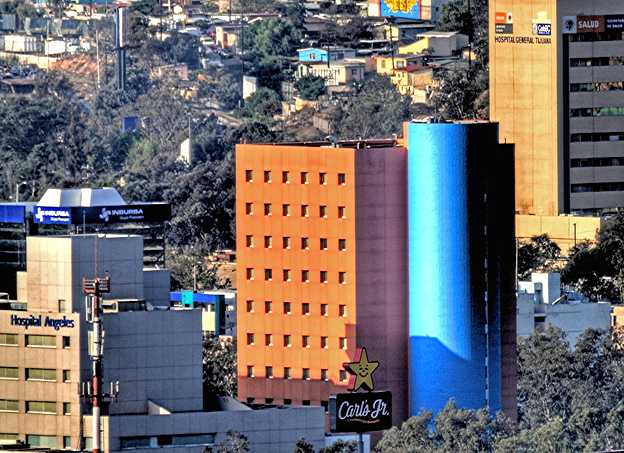If you’re in the right restaurant at the right time, something unusual will happen. A bunch of guys show up dressed in Renaissance clothes, carrying Renaissance instruments. They begin playing in bright tones and quick rhythms – possibly Italian, to gringo ears, but the lyrics are unmistakably Spanish – while the little guy with the tambourine capers theatrically.
What happened to the mariachis and “La Bamba”? Has Tijuana suddenly become addicted to Lope de Vega? Or maybe the restaurant thought we’d like to watch “The Two Gentlemen of Verona” in translation?
It’s a bit disorienting, here in the city that began as a Hollywood-style fantasy, to encounter something so deeply traditional and so authentically hispanic as Baja’s first tuna universitaria. Even the name is confusing … the locals know tuna to be cactus fruit and the gringos think it’s a fish … but the term refers to a group of tunos, university students who sing for their supper.
The tradition can be traced back continuously to the beginning of the thirteenth century with the founding of the Studium Generale (now University) of Palencia during the reign of Alfonso VIII. Nowadays tunas are established throughout the Spanish-speaking world. They’re even found in such unlikely places as Oxford, Belgium, and Japan. In central Mexico, tunas date back to the Porfiriato. For UABC (the Universidad Autónoma de Baja California), however, the tuna arrived in 2008.



